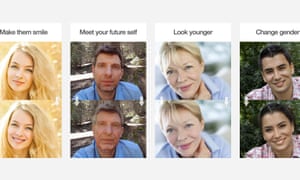
The article focuses on the fact that recently Facebook has admitted to the possibilities of governments using their platform and other social media in order to spread propaganda. The social media giant admitted that they had been exploited and using algorithms to track similar patterns used in the US election, they found over 30,000 French accounts before the French presidential election.
- Company will step up security to clamp down on ‘information operations’
- Facebook suspended 30,000 accounts in France before presidential election
- In a white paper authored by the company’s security team and published on Thursday, the company detailed well-funded and subtle techniques used by nations and other organizations to spread misleading information and falsehoods for geopolitical goals.
- In its effort to clamp down on information operations, Facebook suspended 30,000 accounts in France before the presidential election.
- The company also explained how it monitored “several situations” that fit the pattern of information operations during the US presidential election.
- At the same time, a separate set of malicious actors created fake Facebook accounts to falsely amplify narratives and themes related to topics exposed in the stolen data.
Personally, this is a huge story. It singlehandedly affirms everyones suspicions that the social media platforms which have little to no editorial control had been used by governments as a way to push specific agendas or propagandas, especially those of the right wing ideologies. This essentially goes to prove the reasons why there had been a sudden surge in right wing propaganda being used over the internet with more and more right wing politicians being elected.






